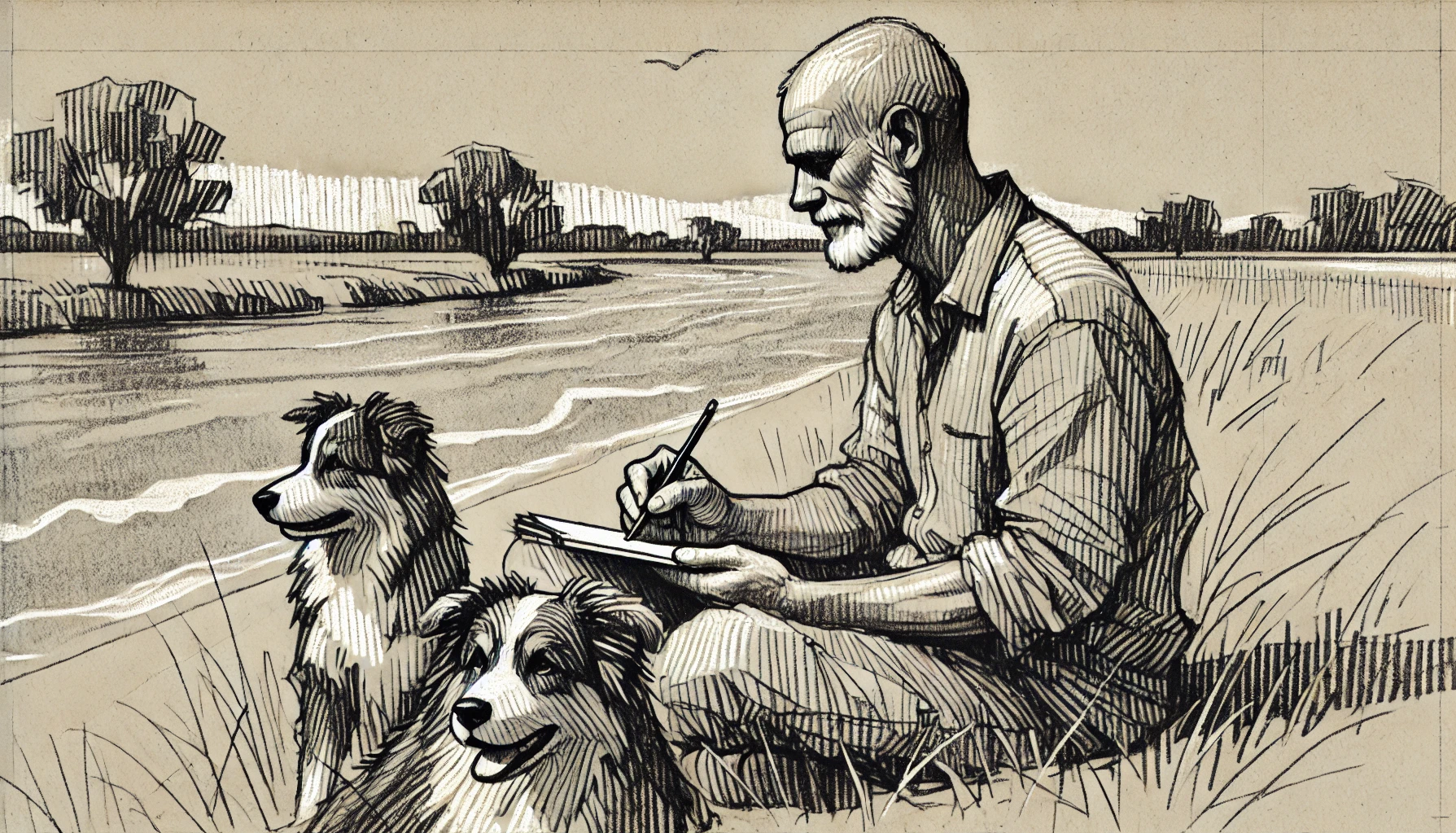“Sit down, shut up, and ask yourself what’s true.” Write your own metaphysics, question everything until you hit bedrock.

“The one and only truth of any person lies like a black hole at their very core, and everything else—everything else—is just rubbish and debris that covers the hole.” Enlightenment is truth-realization: the self is false. “Your moments of blackest despair are really your most honest moments, your most lucid moments.” Spiritual Enlightenment: The Damnedest Thing by Jed McKenna is one heck of a book. McKenna is enlightened, he tells us, and most people are not. It is a cocky claim, but his clear thinking and the effective dispatching of the usual spiritual trappings suggest a person with first-hand experience.
Damnedest is set in an ashram in Iowa where McKenna is a spiritual instructor of sorts, though he is quick to disclaim any special mystical status. “Think for yourself and figure out what’s true.” Dialogue with students provides a light narrative around his philosophy. Life is a dream, says McKenna. The core of this delusion is a belief in the self and all the ensuing dualities, including right and wrong. Happiness is a good dream, and suffering is a bad one. It is neither desirable nor important to become enlightened unless you are one of those rare few in a hundred million who insist on truth.
McKenna advises a form of truth-seeking called spiritual autolysis. “Sit down, shut up, and ask yourself what’s true.” Write your own metaphysics, question everything until you hit bedrock. Done. I agree that there is no constant self, no soul. There is no external world of pure forms, no essence. Change is at the heart of our universe and human nature.
I disagree with his reductive approach to truth. “All beliefs. All concepts. All thoughts. Yes, they’re all false; all bullshit. … If you’re going for truth, you’re not taking any of them with you.” What about scientific truth? Is it all bullshit? McKenna might be surprised to learn of the consistency between the laws of physics and his views. Take the second law of thermodynamics, which asserts that everything falls apart. It is an empirical truth, a predictable dynamic in space-time, and quite useful for understanding the big picture and our little lives. What about existential truth? Yes, I might die tonight, but probably not. Meaning is fleeting and beautiful. There is both truth and beauty.
Enlightenment is both difficult and liberating. It can take years to fully sink in. It changes everything. For McKenna, it is the end of the human drama. He jokes that he has become a vampire, a post-human. I think enlightenment is more common than McKenna knows. Life inevitably forces the realization upon us, and many choose to embrace it.









